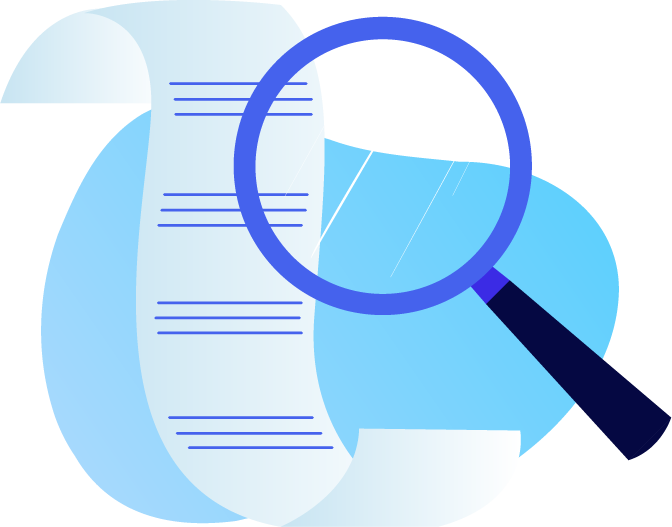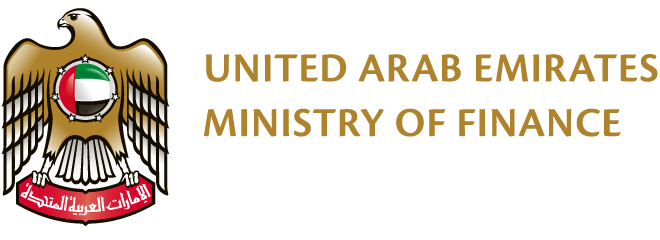BUDGET OR BUST
instead of wondering where it went.
So, you’re excited about the prospect of saving…
but where will the money come from?
Establishing and sticking to a budget is our top tip for saving! It is the single most important step you can take on your journey to financial stability. By creating a plan to see exactly where every dirham is going – and reviewing and adjusting it every month – you can take control of the needs and wants, and search for ways to cut back and put some of your income into savings.
ZERO‑BASED BUDGETING
A budget is a plan that tracks the money you have, the money you earn and the money you spend. Zero-based budgeting involves assigning a home for every single dirham (including those going to savings or debt reduction), so that when you finally balance all your money coming in with all your money going out, the total is zero.
If you don’t already have a budget in place, you’ll need to put in a few hours to get started. You could create your plan the old fashioned way with pen and paper, but digital spreadsheets do much of the work for you, with inbuilt formulas to calculate how much is needed and so much more. We’ve made it easy for you to start budgeting with this simple, customizable template on an Excel spreadsheet. Simply click to safely download to your system and freely edit the categories to suit your purposes. There are also countless more complex templates available online for you to use. Find the budgeting tool that works best for you.
KEEPING TRACK
OF YOUR CASHFLOW
A basic budget consists of different categories that list every payment you must make during the month (your needs) and would like to make (your wants), as well as the payments that will go towards the money you hope to spend in the future (your savings). You could also add a category for money you’d like to share (charitable giving). Start with your savings and needs, then allocate whatever is left over. Most of us have to juggle a bit, cut a little here and move a little there, until it all balances.
Here are the basic steps you’ll need to follow

Note your monthly or weekly salary, as well as any income you may receive from interest or property rental, extra work, and even cash gifts or things you’ve sold.

You can create categories for your expenses if you like (such as Household bills, Children, Insurances). Some of these costs will be Fixed (your bond, car repayments etc.) and others will be Variable (like groceries and entertainment).

This means that you include amounts for your savings (extra debt repayments, emergency fund savings or long-term investments) as a top priority.

If you are lucky enough to have money left over once you’ve deducted all your expenses from your income, decide where every extra dirham will go (boost your savings or splash out on something nice). If you are short, you will need to move your costs around until your balance is zero.
This way, you can put yourself in the driving seat of your finances, with the road ahead clearly laid out for you to follow. This is the plan you will use to guide your spending through the month. Even if your finances are in a mess right now, by creating a strategy that can move you from debt to riches, you’re moving in the right direction. Well done!
PLAN FOR
TOMORROW TODAY
As well as dealing with your daily and monthly costs, it is important to plan ahead for large infrequent expenses (like annual rent, perhaps) that could blow your budget if you haven’t saved for them. Think ahead: how much will you need and where will that money come from? By dividing the large infrequent amount into the number of months leading up to due payment, then adding the result to your monthly budget list, you should manage to set aside the full amount by due date – and can pay it with no stress and without having to dig into your savings or credit card.
